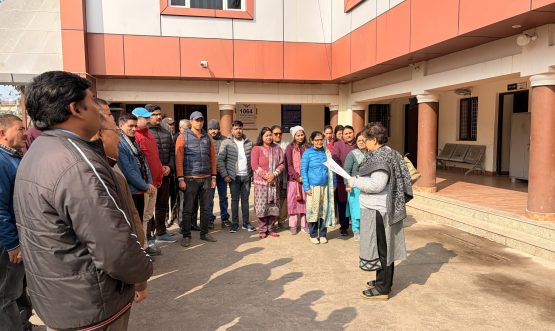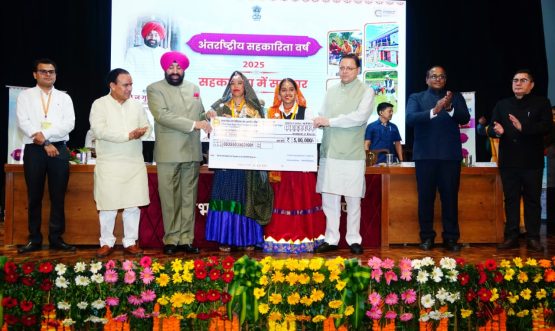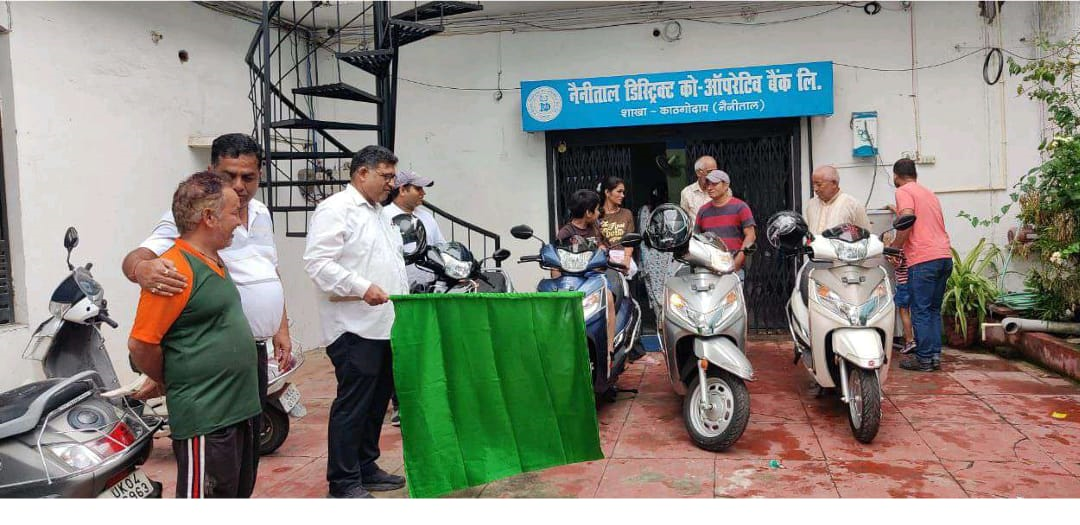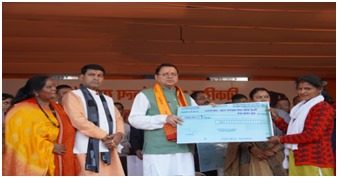Introduction
In the year 1904, by making the Co-operative Credit Society Act, it was started to provide loans on easy terms through cooperatives, which was the first step in the field of cooperatives in India. Initially, only two types of committees (urban areas and rural areas) were formed under this act.As soon as this act was […]
Read More-
 Hon'ble Chief Minister
Hon'ble Chief MinisterShri Pushkar Singh Dhami
-
 Hon'ble Cooperative Minister
Hon'ble Cooperative MinisterDr. Dhan Singh Rawat
EVENTS

on the occasion of National Voters’...
On 25th January, on the occasion of National Voters’ Day, an initiative was taken at the office of the Registrar…

International Year of Cooperatives 2025, the...
‘Cooperation Among Cooperative’ Program, Raj Bhavan Dehradun (17 Sept 2025) On the occasion of the International Year of Cooperatives 2025,…

















